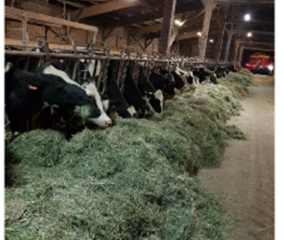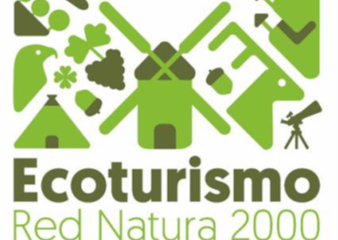Spain
Introduction
The project aims, through SMART technology, to develop the automation of opening, video monitoring and closing of more than 80 centres/small museums located – 23 of them are located in villages with less than 100 people- in different rural municipalities in 9 provinces of Spain (Castilla y León and Galicia) and Central Bohem in Czech Republic, promoting the ethnographic, cultural, historic heritage, environmental values of 20 rural territories (LAGs) and creating elements of tourist attraction; improving local environmental education infrastructures, and increasing the self-esteem of the local population.
With the implementation of the Living Museum system, visitors from rural areas can independently access museums or interpretation centers by managing their visit through an app that ensures availability at opening and security during the visit.
Presentation of the project
This project has been developed in the provinces of Burgos (37 museums / 6 LAGs), León (12 museums / 3 LAGs), Segovia (4 museums / 1 LAG), Soria (19 museums / 4 LAGs) and Valladolid (8 museums / 1 LAG) in the region of Castilla y León, and Orense (1 museum / 1 LAG), La Coruña (1 museum / 1 LAG) and Lugo (3 museums 1 LAG) in Galicia (Spain); as well as Lovec (1 museum / 1 LAG) in Central Bohemia of the Czech Republic.
This project arose to respond to the need to re-open the museums that had closed due to the Global Economic Crisis and the COVID-19 Crisis and the lack of budget in small rural municipalities.
As agents devoted to revitalising rural areas, the Local Action Groups (LAGs) in Spain and the EU contribute to promoting ethnographic, cultural and natural values in their territories. Since 1992 the Local Action Groups (LAGs) have contributed to the promotion of their rural values in their territories through the LEADER. One of the tools chosen had been the creation of Interpretation Centres, Nature Classrooms, small Museums and other elements that have made tourism activities possible. However, after the 2008-2013 Global Economic Crisis, which particularly affected Mediterranean countries such as Spain, many of these centres were closed to the public due to lack of funds and after the COVID-19 was a hard blow for tourism in rural areas.
The Smart system has allowed these museums to reopen and show the rural world, the territories and their population the ability to adopt new technologies to provide solutions to their cultural, social and economic problems.
86 nature centers/ethnographic museums/castles/churches and other elements have been opened to the public and visitors and tourists; and as of October 31, 2023, 117,000 visitors have already been reached.
This LEADER project has been a clear example of cooperation between the 20 LAGs of Spain and the Czech Republic and is a project that responds to problems in the rural world; and shows the solution for other LAGs and rural territories.
But Mseos Vivos always makes it clear to museum owners (municipalities and local entities) that it is not a project that serves to destroy jobs, but rather to provide a solution when the museum is already closed due to lack of resources.
Our web platform www.livingmuseums.eu is an innovative solution and a clear example that our territories are also Smart Villages; because its system of reservations for visits, opening of museums, video monitoring of visits and closing is an example of how territories must adapt to Crisis situations and how they must adopt tools that allow territories to achieve sustainable rural development.
Pictures







Promotional video 2023 (11’09’’)
Promotional video (2’25’’)
Web

